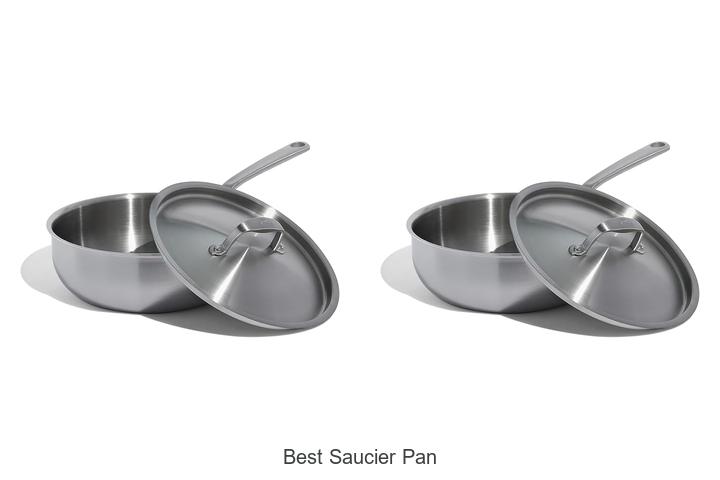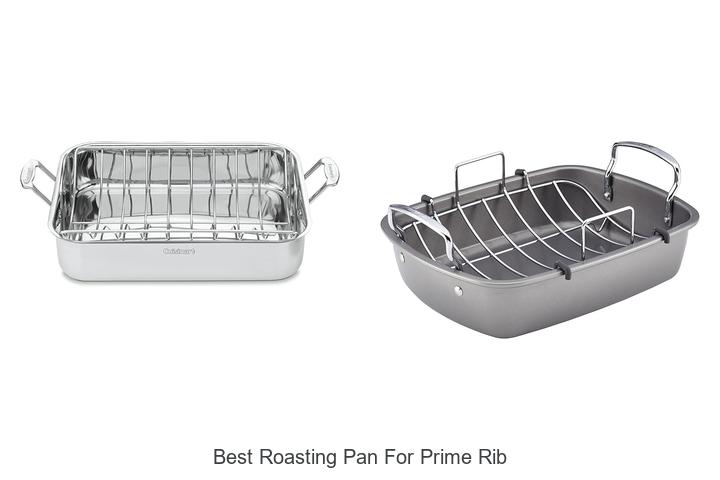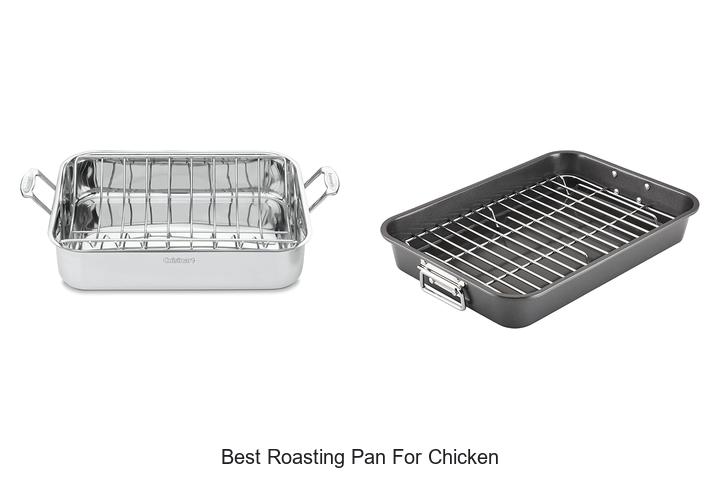Rusty grill grates can turn your backyard BBQ into a frustrating experience. When rust builds up, it not only affects the taste of your food but can also shorten the life of your grill. Luckily, cleaning rust off grill grates is easier than you might think.
Whether you’re dealing with light surface rust or stubborn buildup, the right techniques will have your grates looking and performing like new. With a little effort and the right tools, you can restore your grill and get back to cooking delicious meals. Let’s dive into simple, effective ways to clean rust off your grill grates so you can enjoy a safe and tasty grilling season.
Understanding Rust on Grill Grates
Rust forms on grill grates due to specific environmental and usage factors. Knowing what triggers rust and why removing it matters helps you maintain your grill effectively.
What Causes Rust on Grill Grates?
Moisture exposure triggers rust on grill grates, especially when they’re left outside without proper protection. Rain, humidity, and leftover food residues create conditions for oxidation. Using grill grates made from untreated steel or cast iron accelerates rust formation. Frequent heating and cooling cycles also cause the metal’s protective layer to break down, increasing vulnerability to rust. Storing grates without cleaning and drying them thoroughly contributes to rust buildup.
Why Removing Rust Is Important
Rust compromises grill grates by weakening their structure, leading to cracks or breaks over time. Rust flakes may transfer unwanted flavors to your food, affecting taste and safety. Continuing to cook on rusty grates risks ingesting rust particles, which isn’t safe. Removing rust preserves the grill’s functionality and extends its lifespan. Maintaining rust-free grates ensures even cooking and optimal heat distribution for better grilling results.
Preparing to Clean Rust Off Grill Grates
Start by gathering essential tools and understanding safety steps before tackling rust. Proper preparation helps achieve thorough cleaning while protecting yourself and your grill.
Safety Precautions and Tools Needed
Wear durable gloves to protect your hands from sharp rust particles and harsh cleaners. Use safety goggles to prevent debris from reaching your eyes. Work in a well-ventilated area, preferably outdoors, to avoid inhaling dust or fumes.
Prepare these tools for effective rust removal:
- Wire brush or steel wool for scrubbing rust
- Sandpaper with medium to fine grit for stubborn areas
- Bucket, warm water, and mild dish soap for cleaning
- White vinegar or baking soda as natural rust removers
- Clean cloths or paper towels for drying
Having a spray bottle filled with water helps rinse the grates easily. Use a plastic scraper if rust chunks need gentle removal.
Choosing the Right Cleaning Method
Match your cleaning technique to the rust severity and grate material. For light surface rust, scrubbing with a wire brush or steel wool combined with vinegar or baking soda paste lifts rust without damaging the grates.
For heavy corrosion, soak grates in a vinegar solution for several hours before scrubbing. Alternatively, use a commercial rust remover safe for grills, strictly following product instructions.
If your grill grates are cast iron, avoid harsh abrasives that strip seasoning. Opt for gentle cleaning and re-season after rust removal to maintain protection.
Selecting the correct method ensures efficient rust elimination and preserves the integrity of your grill grates.
Effective Methods to Clean Rust Off Grill Grates
Removing rust from grill grates restores their function and protects your food from unwanted flavors. Choose a cleaning method based on rust severity and grate material to achieve optimal results.
Using a Wire Brush or Steel Wool
Scrub rusted areas with a wire brush or steel wool for light to moderate rust. Use firm, circular motions to dislodge rust particles. Focus on crevices and corners where rust accumulates. Rinse grates with water afterward to remove residue. Avoid excessive scrubbing on cast iron grates to protect their seasoning layer.
Applying Baking Soda and Vinegar
Create a paste by mixing baking soda with water. Apply the paste on rusty spots and spray or soak with white vinegar for 10 to 15 minutes. Scrub with a brush or sponge to lift rust effectively. Rinse thoroughly and dry the grates completely to prevent further rusting. This method suits mild to moderate rust and preserves the grate surface.
Using Commercial Rust Removers
Apply commercial rust removers according to manufacturer instructions for heavy corrosion. These products contain chemicals that dissolve rust quickly. Wear gloves and work in a ventilated area when handling. Rinse grates thoroughly after treatment to eliminate chemical residues. Test removers on a small area first to ensure compatibility with grate material.
Alternative Natural Cleaning Solutions
Soak grates in lemon juice or apply potato slices dipped in salt to rusted areas. Let sit for 30 minutes before scrubbing and rinsing. These natural acids break down rust gently. Repeat treatments as needed for effective rust removal without harsh chemicals. Ideal for those seeking eco-friendly cleaning options.
Preventing Rust on Grill Grates
Rust prevention extends your grill grates’ lifespan and keeps your food tasting fresh. Regular care and protective measures reduce moisture exposure and inhibit oxidation effectively.
Proper Cleaning and Maintenance Tips
Clean your grates thoroughly after every use, removing food debris and grease with a stiff wire brush or grill scraper. Avoid harsh chemicals that strip protective coatings. Dry grates completely before storage to prevent moisture build-up. Store your grill indoors or cover it with a waterproof grill cover to shield it from rain and humidity. Inspect grates monthly for early rust signs to address corrosion promptly.
How to Season and Protect Grill Grates
Seasoning cast iron or steel grates creates a protective oil layer that resists rust. Heat the grill to medium-high and apply a thin coat of high-smoke-point oil, like vegetable or canola oil, using a cloth or spray. Maintain this seasoning after each cleaning by reapplying oil before and after grilling. Avoid abrasive cleaning methods that remove the seasoning. Consistent seasoning reduces rust risk and maintains non-stick properties.
Conclusion
Keeping your grill grates rust-free is key to enjoying great-tasting food and extending your grill’s life. With the right tools and techniques, tackling rust becomes a straightforward task you can handle yourself.
By staying consistent with cleaning and seasoning, you’ll protect your grates from future corrosion and maintain their performance. Taking these simple steps ensures your grill is always ready for your next cookout, delivering safe and delicious results every time.


